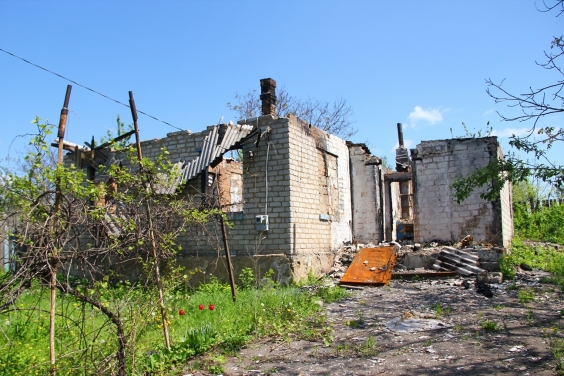Having celebrated various obnoxious anniversaries, the government did its best this year to forget the fourth anniversary of the Minsk agreements, signed on Feb. 12, 2015.
The initiatives package that was agreed by a tripartite contact group consisting of OSCE representatives, heads of states, and governments of guaranteeing powers and considered a trade-off alternative to bring about peace.
The Minsk agreements resulted from a large-scale dialogue of the conflict parties, mediators, and international organizations’ representatives. This is why the U.N. Security Council had unanimously supported them and adopted relevant Resolution several days later, on Feb. 17, 2015.
However, the majority of the war party, which is now in office, has no desire to stop the war, and not only for political reasons.
What is of the largest concern is that many actual presidential candidates offer no real solutions on ending the war in the Donbas. Instead, they only call to ignoring the Minsk agreements or refute them at all. They declare vague and ambiguous wordings or simply fantastic combinations that will never come true nor bring the long-awaited peace to our country.
This situation is extremely dangerous. The Minsk agreements have been and remain the only political frame for ending the war, the one all parties agreed upon and recognized. Ukraine’s unilateral refusal from fulfilling them or attempts to drag down the negotiations pose a threat of a new wave of the conflict in the east, the deepening of the economic crisis, and a social catastrophe in the country.
In addition, the Minsk agreements are not just a declaration with a list of measures and steps. It’s a diplomatic formula elaborated with participation of Germany and France. Implementation of the Minsk agreement is now a subject of the ‘Normady format’ efforts by heads of states and governments. Political support for Ukraine by international players depends on implementation of the Minsk agreements. This support will not last if Ukraine disclaims its responsibilities.
The refusal from the Minsk agreements will further complicate explosive relations between Ukraine and Russia. After most of the international accords have been terminated, including the Treaty on Friendship, Cooperation, and Partnership, almost no more contact points remain. The ‘Normandy’ and ‘Minsk’ formats are all what is left. In addition, the party of war is trying to destroy this shaky diplomatic ‘bridge.’
It is obvious we have ended up in a stalemate. The ruling political forces of Ukraine have no desire to implement the Minsk agreements. Still, they are critically important. They are a symbol of dialogue, of negotiations, of diplomacy, and of hopes for a peaceful settlement of the conflict. Their renunciation is a brutal demonstration of no desire to talk. Not only with Russia, but also with Europe. This way leads to isolation and failure.
In a critical situation like this, it is important that politicians who understand the complexity and significance of current moment, who are ready to engage in an open dialogue with all parties to the conflict, lead the state. Peace is what we all have to keep in mind when casting our votes during the presidential election.
Follow @serhiylovochkin